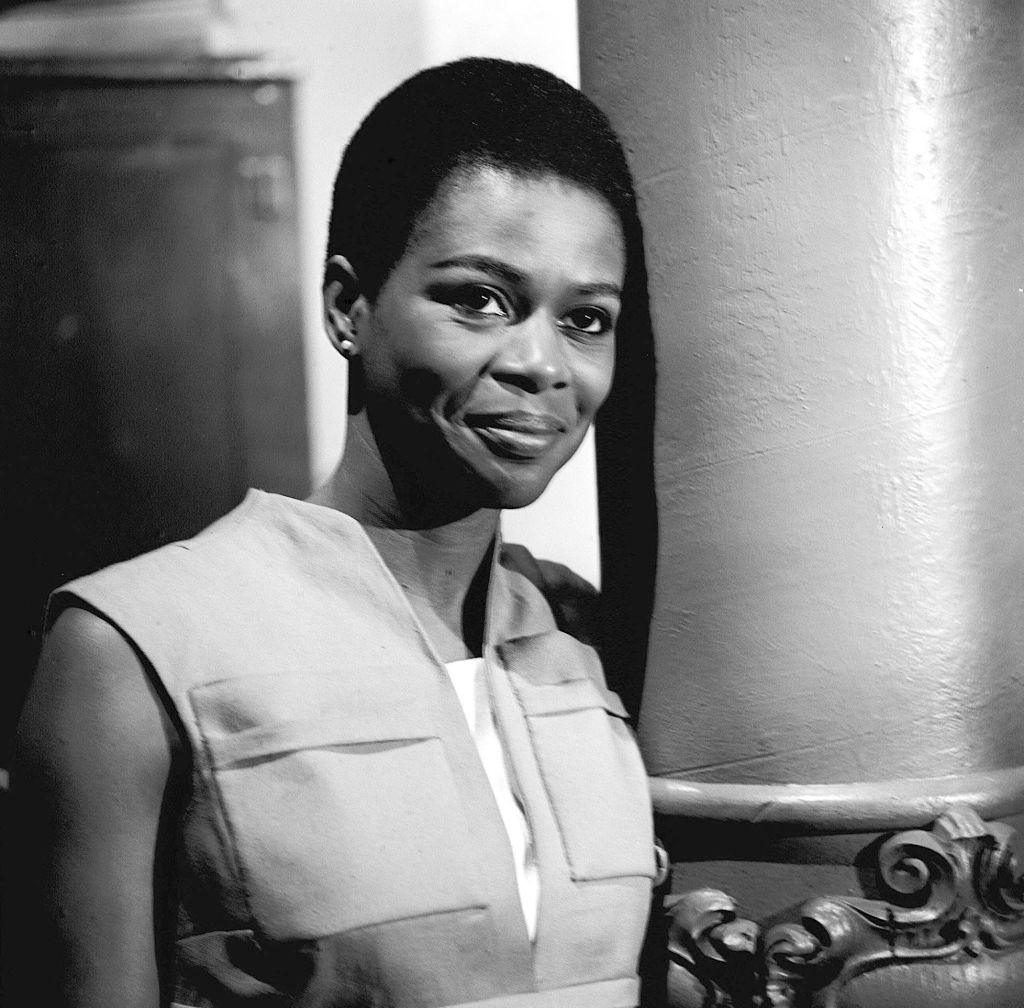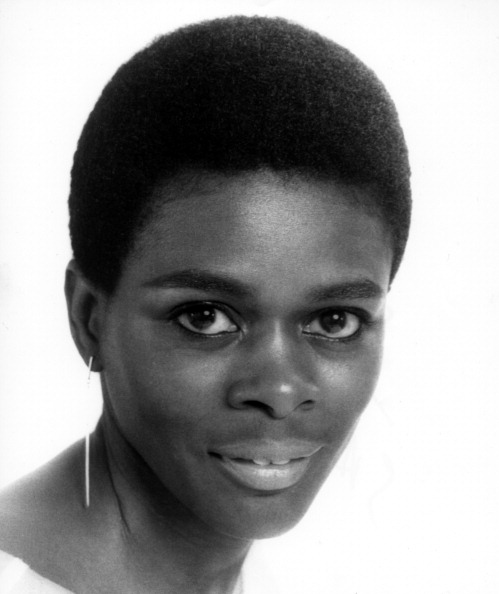
Source: CBS Photo Archive / Getty
If you know your history, then you’re well aware that you can’t speak about natural hair without bringing up Cicely Tyson.
The acting legend, who passed away on Thursday (Jan. 28) at the age of 96, was the very first woman to choose to be front and center on television with her natural hair on full display in 1963.
After initially confusing her hairdresser by opting to cut her hair off and wear a TWA before it even had a name, the move would inspire so many young women, who at the time were opting for straight styles, to follow Tyson’s lead.
“That is what created the natural hair craze,” she said during an episode of Oprah’s Masterclass in 2014. “I got letters from hairdressers all over the country telling me that I was affecting their business because their clients were having their hair cut off so they could ‘wear it like the girl on television.’”
And while she looked beautiful with the style, it, like so many innovative ‘dos she would eventually wear, didn’t come from a quest for attention, a desire to try something different, or out of vanity. In just about every case, her hair changed to go with the roles she played as the actress immersed herself in her characters. That attention and respect for her craft not only would make her a legendary, pioneering actress, but as a wonderful added bonus, make her a trailblazer in the natural hair movement.
When I think of Tyson, and how daunting it must have been to choose to appear on East Side/West Side, on national television with her short, natural cut, boldly defying oppressive beauty standards at a time when representation was not even thought of as a conversation, it is awe-inspiring. It was a first step in normalizing Black hair as God created it: no conks, no shiny Supreme wigs, just tight coils. It was also the first in an effort that continues, despite attempts to deem the styles we’ve gone on to innovate and embrace as inappropriate, unprofessional, and not worthy of the cameras. But with initiatives like the CROWN Act law to create protections against discrimination based on race-based hairstyles, the freedom to wear these styles unabashedly, as Tyson did, can expand. It allows us to feel more confident about wearing our hair in braids or an afro for a job interview, or to be in the armed forces and be able to wear the cornrows and twists we love without fear of disciplinary action. But before we got here, it all began with one woman’s choice to walk into a hair salon in Harlem and fully commit to a role by shedding her strands, caring not how she was perceived. A revolutionary act that, interestingly enough, to Tyson, was a simple one: “Every time I changed a hairdo, it had not to do with me,” she said. “It had to do with authenticating the character that I was playing.”
She opened doors in more ways than just her performances on stage and screen. She paved the way in celebrating self-expression for Black women.
To see the ways in which she was a trailblazer in natural hair and protective styling, all the way up until her death at 96, hit the flip to look on in wonder of an icon who won’t soon be forgotten.

Source: Michael Ochs Archives / Getty
A photograph of Tyson around 1966 shows her wearing the teeny weeny afro that shook the TV world.


